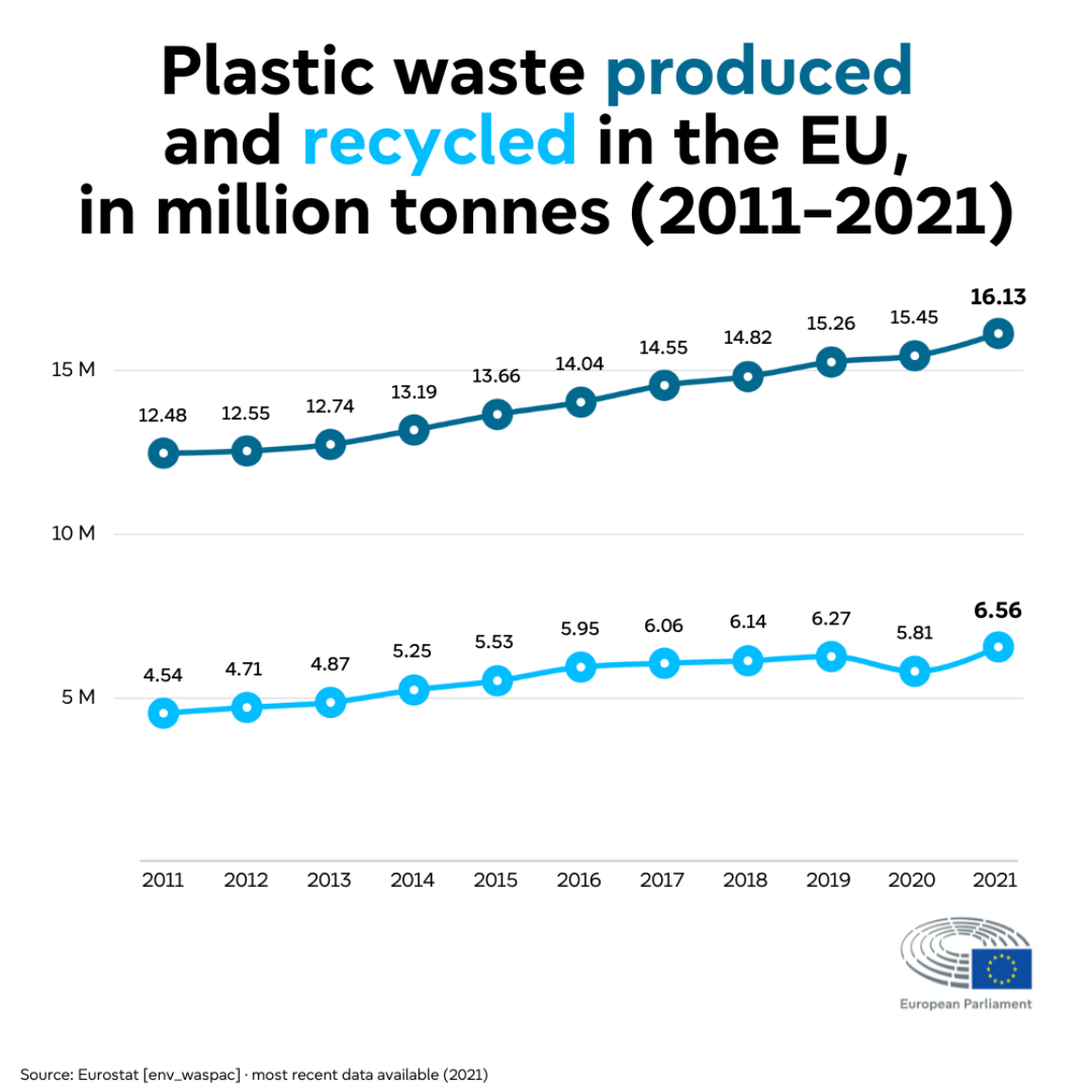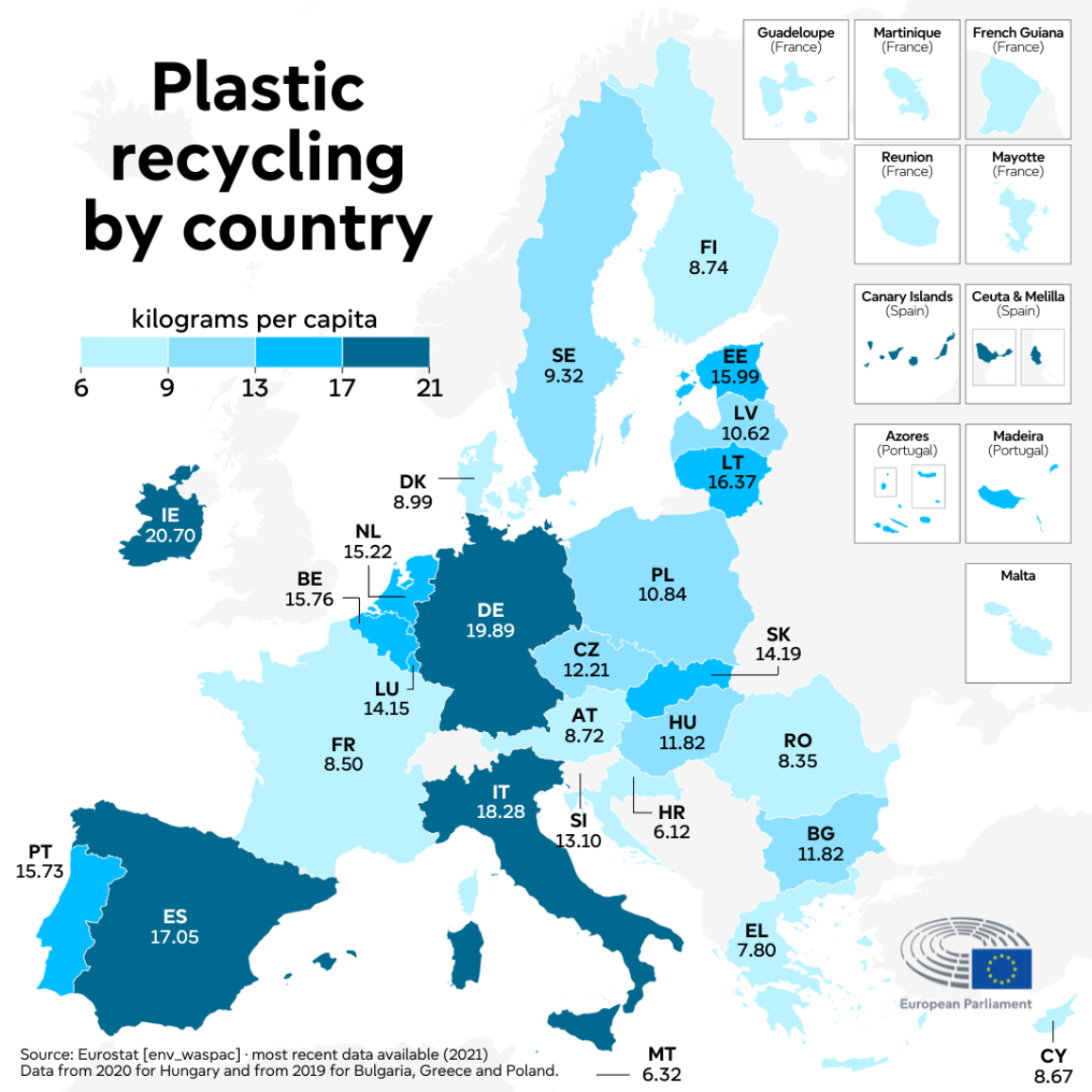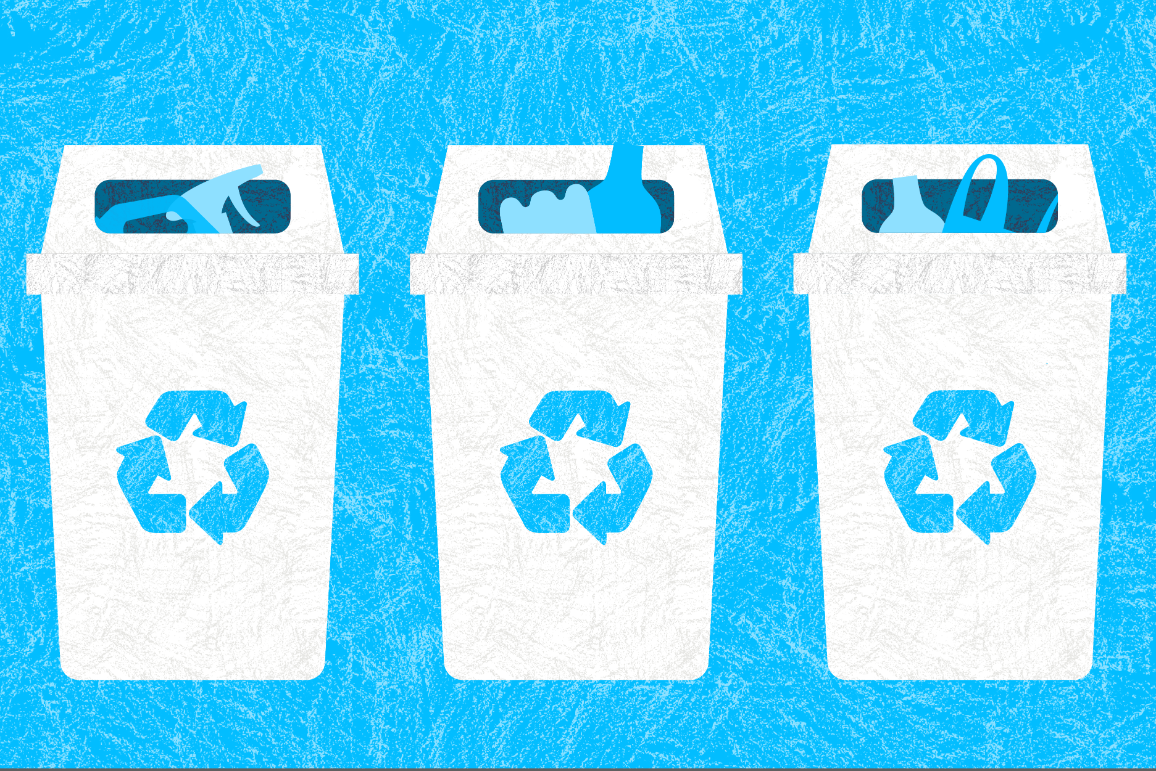Copyright © 2023. All rights reserved Green Harvest Energy Ltd.
Lize SOHO, Building 1, Yard 20, Lize Road, Fengtai District, Beijing
Telephone:15611817788 Zip code:100073 Email:ghe@ghe-cn.com
 Release time:2024-06-26
Release time:2024-06-26
 Number of views:
number
Number of views:
number
Each person living in the EU generated 36.1 kilos of plastic packaging waste on average in 2021. The volume of plastic packaging waste generated per inhabitant increased by about 29% (+8.1 kilos per person) between 2010 and 2021.
The total plastic waste produced in the EU in 2021 was 16,13 million tonnes. Some 6,56 million tonnes of plastic waste were recycled.

The EU is already taking measures to reduce the amount of plastic waste, but what happens to the waste that is generated despite all efforts? And how can plastic recycling rates be increased?
In Europe, the most used way to dispose of plastic waste is energy recovery, which means turning plastic waste into usable heat, electricity, or fuel through incineration or other processes. Recycling is the second most used way of treating plastic waste.
Half of the plastic collected for recycling is exported to be treated in countries outside the EU. Reasons for export include the lack of capacity, technology or financial resources to treat the waste locally. EU exports of all types of waste to non-EU countries reached 33 million tonnes in 2021. The majority of waste consists of ferrous and nonferrous metal scrap as well as paper, plastic, textile and glass wastes and mainly goes to Turkey, India and Egypt.
Previously, a significant share of the exported plastic waste was shipped to China, but restrictions on imports of plastic waste in China will likely decrease EU exports. This poses the risk of increased incineration and landfilling of plastic waste in Europe. Meanwhile, the EU is trying to find circular and climate-friendly ways of managing its plastic waste.
The low share of plastic recycling in the EU means significant losses for the economy as well as for the environment.
About 22 million tonnes of plastic found its way into soils, rivers and oceans in 2019, and plastic leakage is projected to double by 2060.
In 2019, plastics generated 1.8 billion tonnes of greenhouse gas (GHG) emissions – 3.4% of global emissions – with 90% of these emissions coming from their production and conversion from fossil fuels. By 2060, emissions from the plastics lifecycle are set to more than double, reaching 4.3 billion tonnes of GHG emissions.
The main issues complicating plastic recycling are the quality and price of the recycled product, compared with their unrecycled counterpart. Plastic processors require large quantities of recycled plastic, manufactured to strictly controlled specifications and at a competitive price.
However, since plastics are easily customised to the needs - functional or esthetic - of each manufacturer, the diversity of the raw material complicates the recycling process, making it costly and affecting the quality of the end product. As a consequence, the demand for recycled plastics is growing rapidly.

In June 2019, the EU adopted new rules to target the issue of plastic marine litter. It includes a 25% target for recycled content in plastic bottles by 2025 and 30% by 2030.
Parliament and the Council reached a deal and MEPs approved it in April 2024 . The rules require EU countries to reduce total packaging waste per capita compared to 2018 by 5% by 2030; 10% by 2035 and 15% by 2040.
There are also specific provisions for reducing plastic packaging waste. Certain single-use plastic packaging types will be banned from 1 January 2030. By 2029, 90% of single-use plastic and metal beverage containers (up to three litres) will have to be collected separately.
As part of the Green Deal, 55% of plastic packaging waste should be recycled by 2030. This would imply better design for recyclability, but MEPs believe measures to stimulate the market for recycled plastic are also needed.
These measures could include:
Creating quality standards for secondary plastics
Encouraging certification in order to increase the trust of both industry and consumers
Introducing mandatory rules on minimum recycled content in certain products
Encouraging EU countries to consider reducing VAT on recycled products
The European Parliament also backed the restriction of light-weight plastic bags in the EU in 2015.
In addition MEPs called on the Commission to take action against micro plastics.
In February 2024, Parliament approved stricter requirements for waste shipments outside the EU. The rules prohibit plastic waste exports to countries that are not members of the Organisation for Economic Co-operation and Development (OECD).
